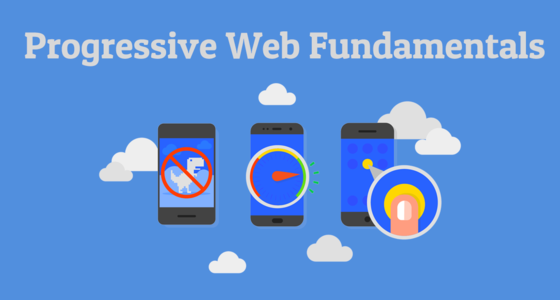Stage One Terms and Tools
We'll look at the important characteristics of Progressive Web Apps, and introduce some important metrics like "time to first paint" and "time to interactive". By getting hands-on experience with advanced areas of Chrome developer tools and other utilities, we'll learn how to keep an eye on "progressive web fitness".
- Duration: 100 minutes






